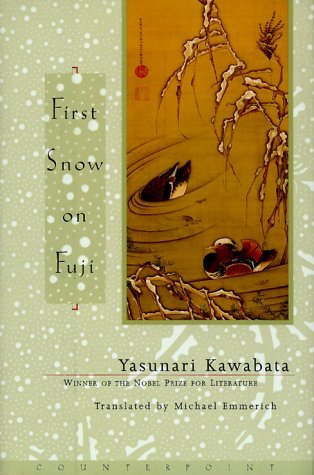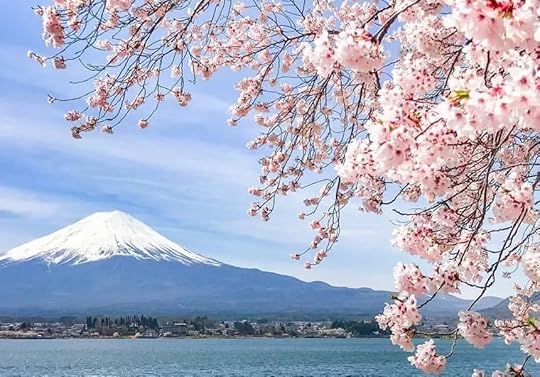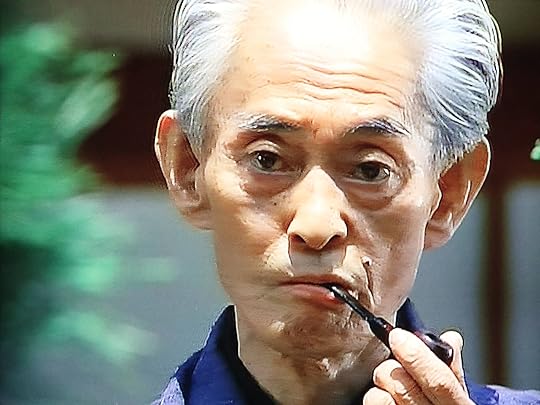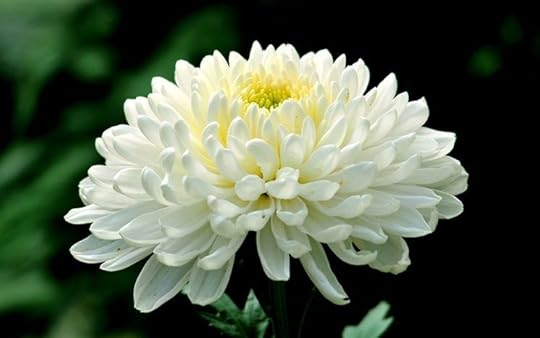What do you think?
Rate this book


227 pages, Hardcover
First published January 1, 1958


"As long as there are flowers blooming in this world, as long as tall rocks stand against the sky, I do not need to have a stone carved for my grave." (123)This collection of stories by Yasunari Kawabata contains some of his best work. Some favorites, which I'll definitely reread at some point, include: A Row of Trees, First Snow on Fuji, Chrysanthemum in the Rock, Silence, and Yumiura. The last two, in particular, were magnificent.

